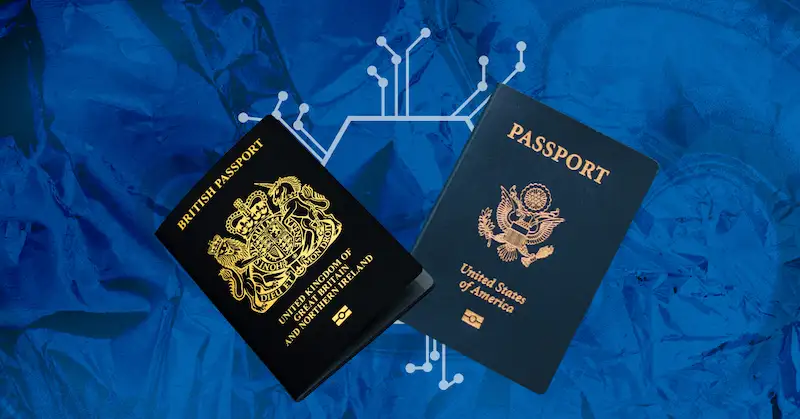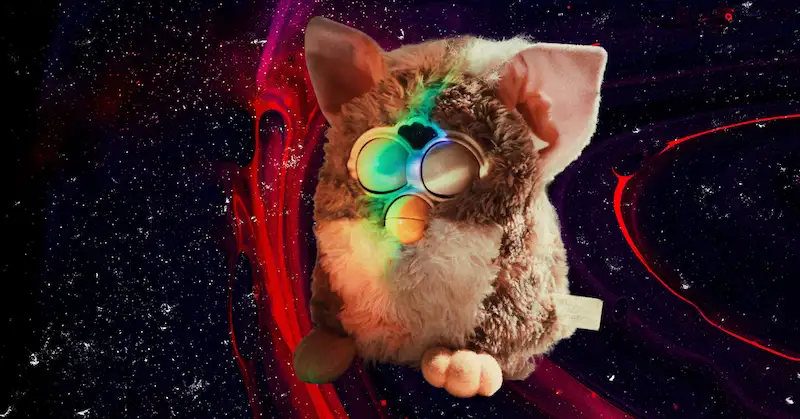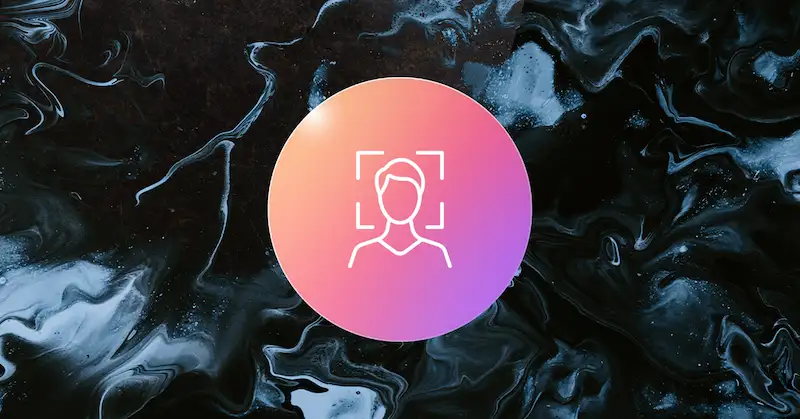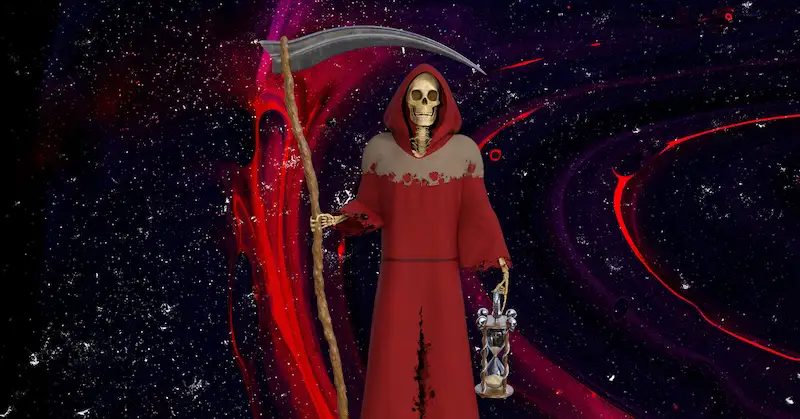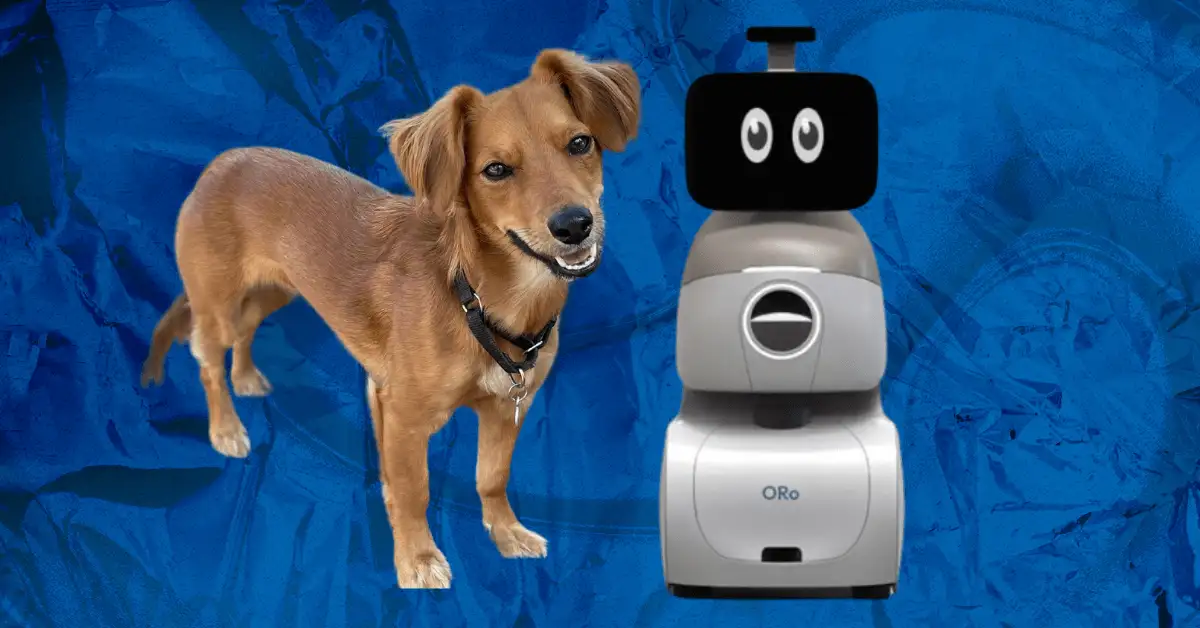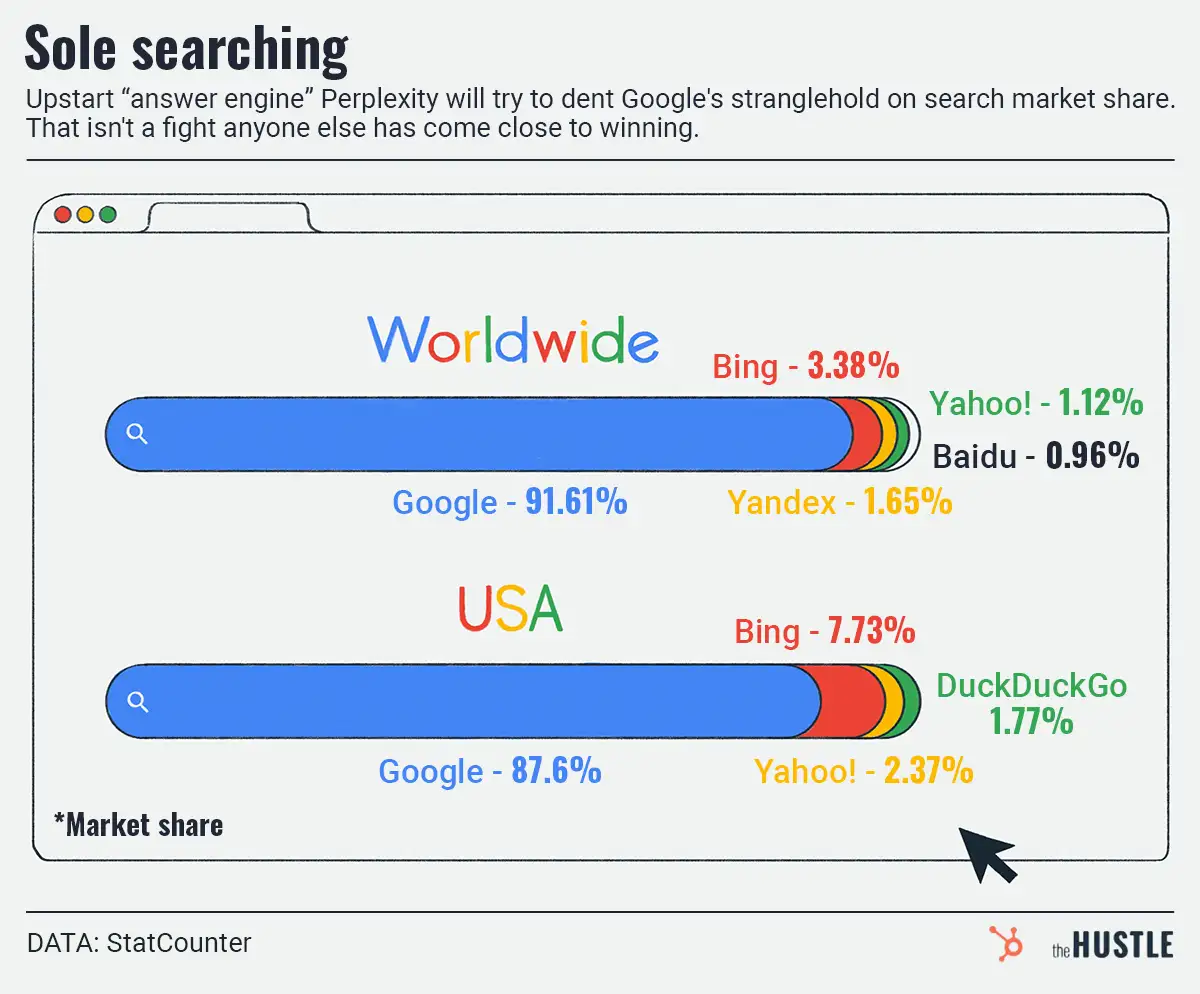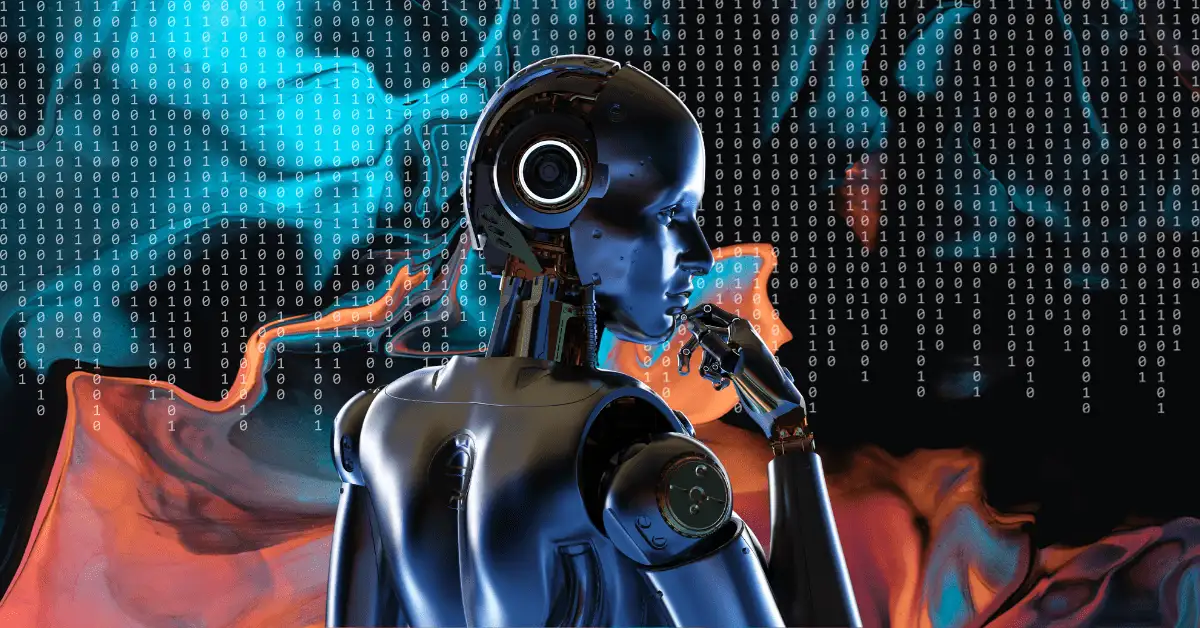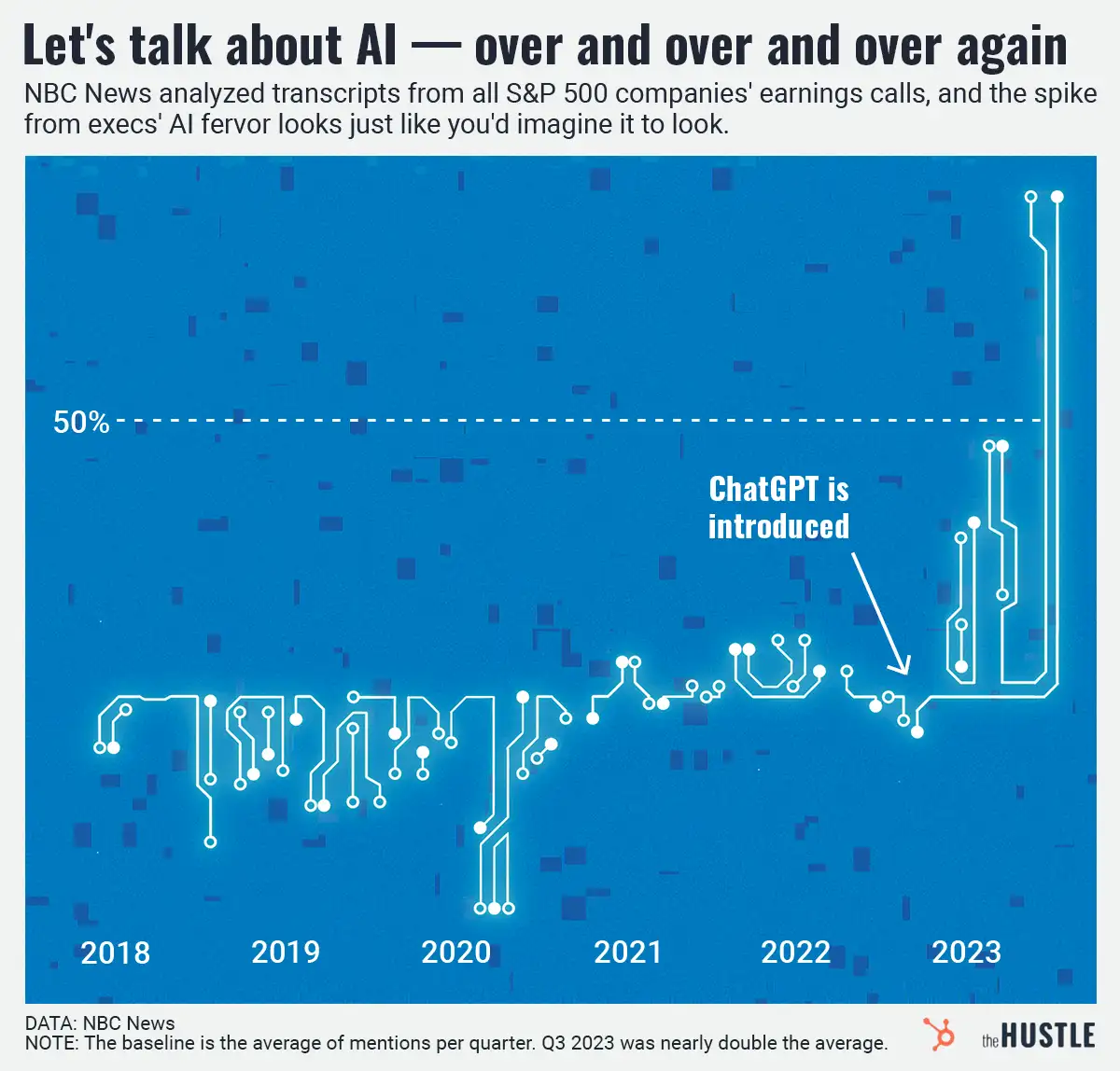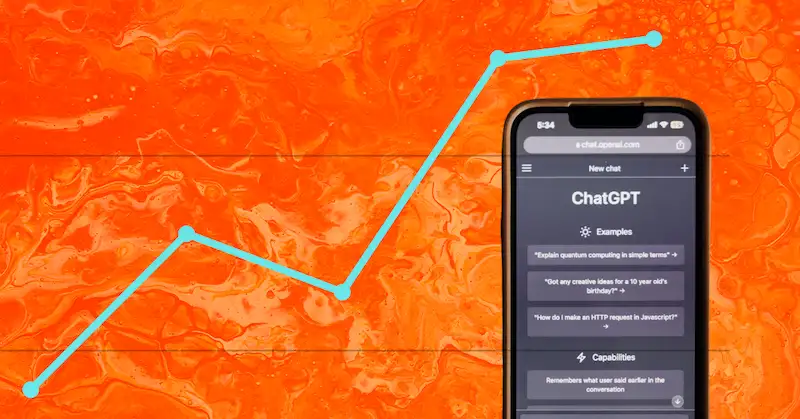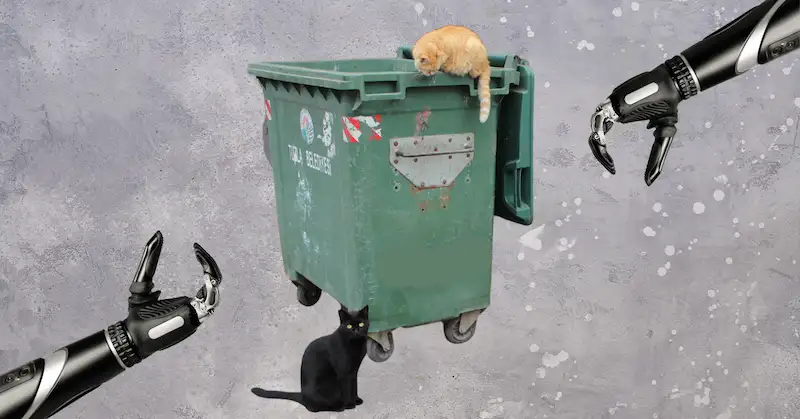We here at The Hustle love Alexis Nikole Nelson’s TikTok account about safely foraging for edible flowers, herbs, and more.
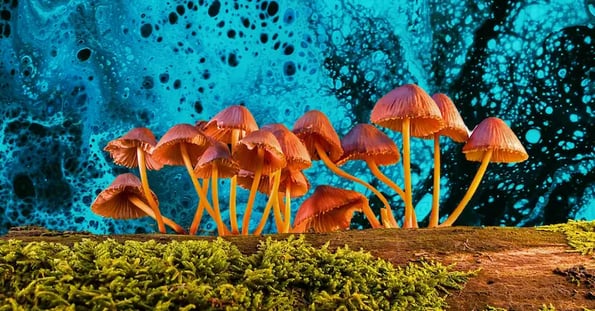
But recently, Nelson posted about a book, Edible Wild Plants of the Midwest by Chris M. Wilson, on sale via Amazon. The problem? Wilson doesn’t appear to exist, with zero internet presence despite supposedly writing a foraging blog.
So, what’s going on here?
The prevailing theory is that AI-generated books with AI-generated author bios and images are trying to cash in on modern trends.
One Redditor dug deeper, finding several books on wild mushrooms that contained similar passages and formatting, and that were riddled with grammatical and factual errors.
That’s especially perilous when you consider that eating the wrong plant can sicken or even kill you. Death cap mushrooms, found in Australia, account for 90% of mushroom poisoning deaths in the world.
What can Amazon do?
We reached out to Amazon with three examples of foraging books thought to be AI-generated. Two, including the aforementioned, have since been removed.
Amazon spokesperson Ashley Vanicek told The Hustle that “all publishers… must adhere to our content guidelines, regardless of how content was created,” and that the company removes books in violation.
Guidelines do include not misleading customers, but it’s unclear how Amazon will stay on top of the glut.
People have admitted…
… to hawking AI-generated content on Amazon, including children’s books and poetry collections, but it’s also unclear how many “authors” fail to disclose their reliance on the tech.
Elsewhere on Amazon, author Jane Friedman found five works of “really low quality material” that claim she wrote them; she suspects someone trained AI using her publicly available blog.
This is one problem we don’t envy Amazon for having. And when it comes to foraging, we’d suggest sticking to known experts and, as Nelson frequently says, “Happy snacking, don’t die.”

